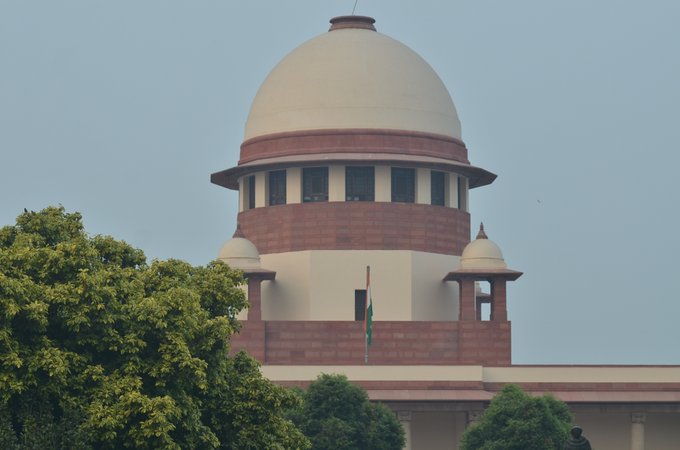Deepali Kalia
While voicing “grave concern” over the family members of the husband getting falsely accused, the Supreme Court stated that the prosecution must prove the existence of “proximate and live link” between the dowry death and cruelty or harassment for dowry asked by husband or his relatives.
A bench led by Chief Justice of India NV Ramana elucidated the legal position on dowry death and harassment and stated that the penal provision regarding it must be interpreted by taking into consideration the legislative intent to clampdown on the social evils of bride burning and dowry demand.
The court further remarked that trail courts oftentimes recorded the statement of an accused in a “Very casual and cursory manner, without specifically questioning the accused as to his defense” and sometimes even though they played no active role in the commission of the offence, the family members of the husband would get roped in.
“Section 304-B (Dowry death), Indian Penal Code is one among many legislative initiatives undertaken by Parliament to remedy a long-standing social evil. The pestiferous nature of dowry harassment, wherein married women are being subjected to cruelty because of covetous demands by husband and his relatives have not gone unnoticed,” the bench stated.
The court also stated that the phrase “immediately before” in law cannot be interpreted to mean “immediately before” the death of the bride and that the section does not follow “a pigeonhole approach” in classifying death as homicidal, suicidal or accidental.
The judgment came on an appeal filed by Gurmeet Singh and others contesting the conviction and seven year imprisonment that was given to them by the courts below for abetment to suicide and dowry death.
The apex court acquitted them of abetment to suicide and upheld their conviction and seven year imprisonment for dowry death.

